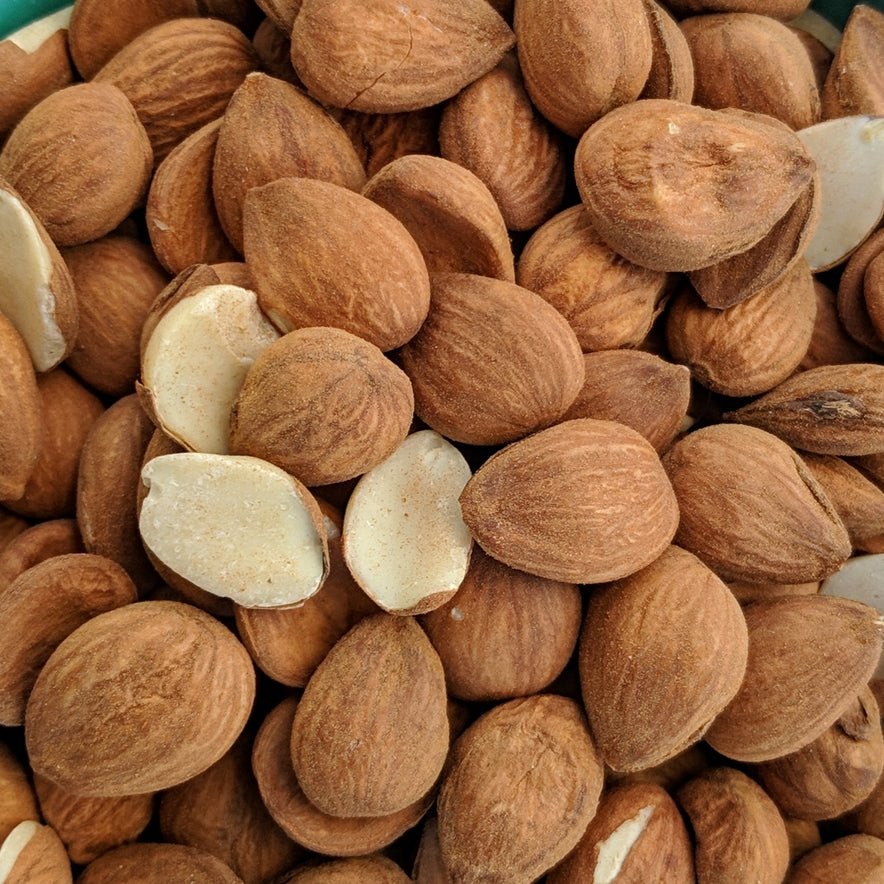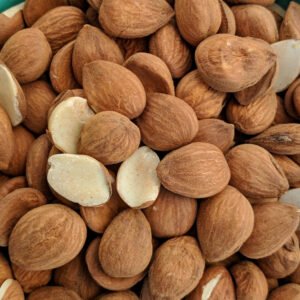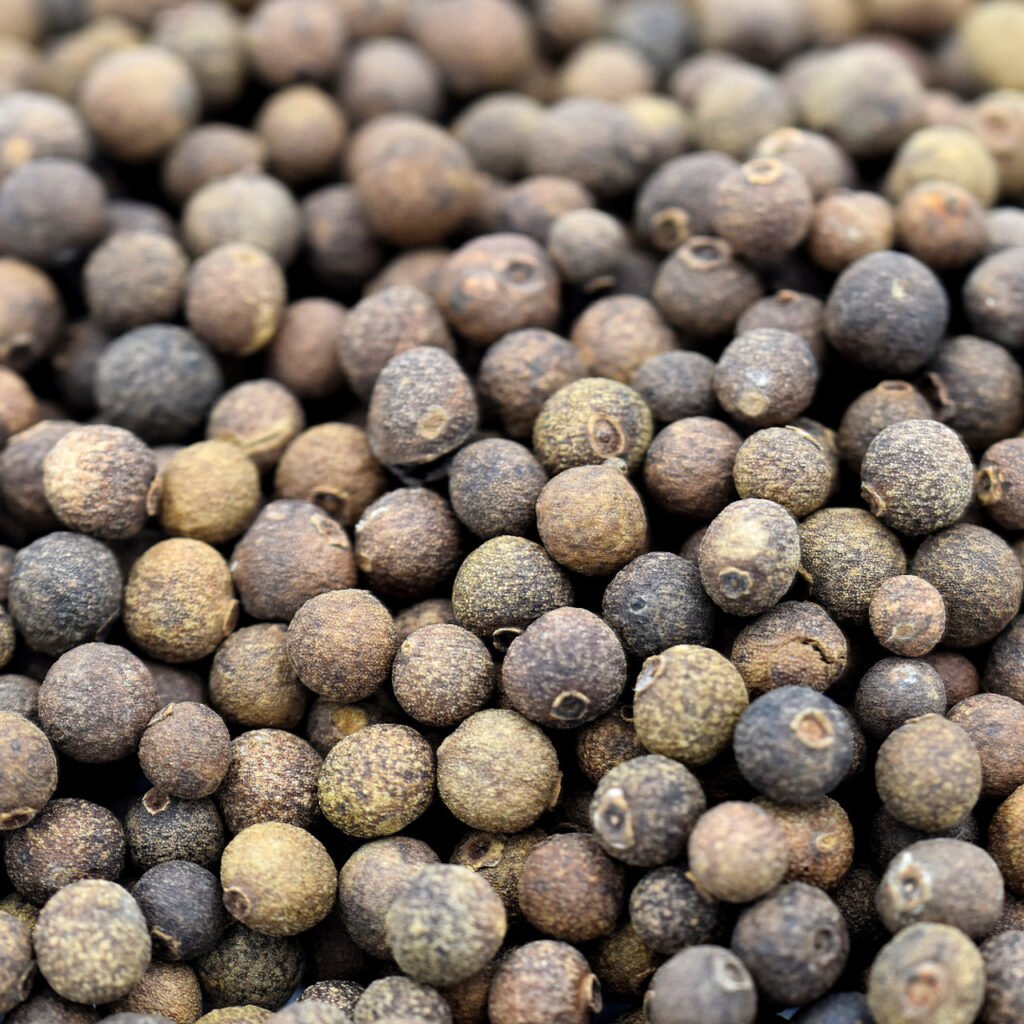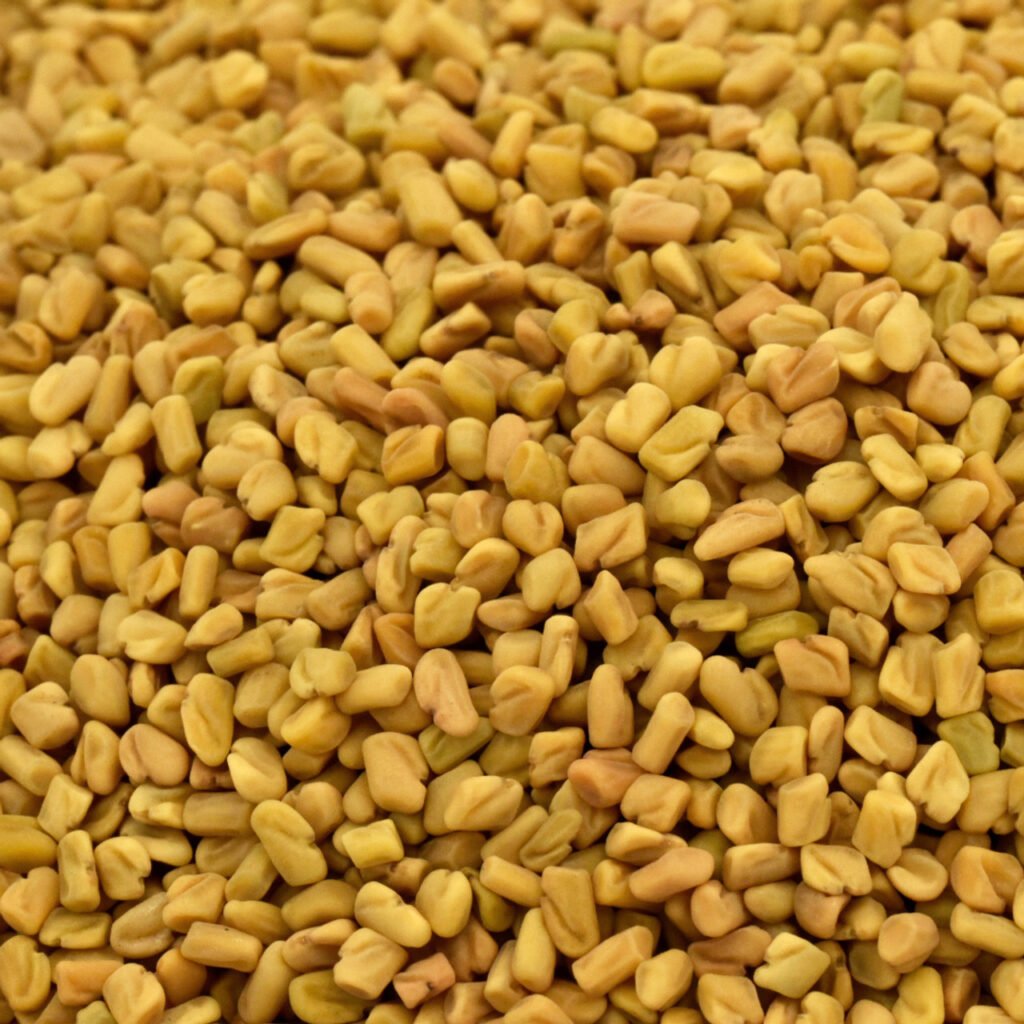Apricot Seeds
Apricot seeds, also known as apricot kernels, have been used for centuries as a natural remedy for various health conditions. They are the small, bitter-tasting kernels found inside the hard pit of the apricot fruit. While some people may shy away from consuming them due to their bitter taste, apricot seeds offer a range of health benefits that are worth considering. In this article, we will explore the benefits of apricot seeds in detail.
1. What Are Apricot Seeds?
Apricot seeds are the small, bitter-tasting kernels found inside the hard pit of the apricot fruit. They are also known as apricot kernels and are often used in traditional medicine as a natural remedy for various health conditions. Apricot seeds come in two types: sweet and bitter. Sweet apricot seeds are often used in cooking, while bitter apricot seeds are used for medicinal purposes.
2. Nutritional Profile of Apricot Seeds
Apricot seeds are packed with essential nutrients that are important for overall health and wellbeing. They are a good source of protein, healthy fats, fiber, and minerals such as iron, magnesium, and phosphorus. Apricot seeds also contain high levels of vitamin B17, also known as amygdalin or laetrile.
3. Health Benefits of Apricot Seeds
3.1 May Help Fight Cancer
Apricot seeds are often touted for their cancer-fighting properties. This is because they contain high levels of amygdalin, a substance that is believed to help kill cancer cells. While there is still much research to be done in this area, some studies have shown that amygdalin may be effective in treating certain types of cancer.
3.2 Supports Heart Health
Apricot seeds may also be beneficial for heart health. They contain high levels of monounsaturated and polyunsaturated fats, which are known to help lower cholesterol levels and reduce the risk of heart disease. Apricot seeds also contain high levels of vitamin E, which is important for maintaining healthy heart function.
3.3 Helps Regulate Blood Pressure
Apricot seeds are a good source of potassium, a mineral that helps regulate blood pressure. A diet that is high in potassium has been shown to help reduce the risk of hypertension and other cardiovascular diseases.
3.4 Promotes Skin Health
Apricot seeds are rich in antioxidants, which help protect the skin against damage from free radicals. They also contain high levels of vitamin E, which is known for its ability to nourish and moisturize the skin. Consuming apricot seeds regularly may help promote healthy, glowing skin.
3.5 Boosts Immune System
Apricot seeds contain high levels of vitamin
C, a powerful antioxidant that helps boost the immune system. Vitamin C is essential for maintaining a healthy immune system, as it helps to protect the body against viruses and infections. Consuming apricot seeds can help boost your vitamin C levels and promote a healthy immune system.
3.6 Supports Digestive Health
Apricot seeds are rich in fiber, which is important for maintaining a healthy digestive system. Fiber helps to promote regular bowel movements and can help reduce the risk of constipation and other digestive issues. Additionally, the healthy fats found in apricot seeds can help improve the absorption of nutrients in the body, further supporting digestive health.
4. How to Consume Apricot Seeds
While apricot seeds can be consumed raw, it’s important to note that they do contain a small amount of cyanide, which can be harmful in large doses. To safely consume apricot seeds, it’s recommended to soak them in water overnight before consuming. This can help to reduce the amount of cyanide in the seeds.
Apricot seeds can be added to smoothies, sprinkled on top of salads, or mixed into baked goods. It’s important to consume them in moderation, as consuming too many apricot seeds can lead to cyanide poisoning.
5. Potential Side Effects of Apricot Seeds
While apricot seeds offer a range of health benefits, it’s important to be aware of their potential side effects. Consuming too many apricot seeds can lead to cyanide poisoning, which can cause symptoms such as nausea, vomiting, headache, and dizziness. It’s important to consume apricot seeds in moderation and to always soak them in water before consuming.
Additionally, apricot seeds may cause an allergic reaction in some individuals, particularly those with nut allergies. If you experience any adverse reactions after consuming apricot seeds, it’s important to seek medical attention immediately.
Conclusion
Apricot seeds offer a range of health benefits, from promoting heart health to boosting the immune system. While they should be consumed in moderation due to their cyanide content, they can be a healthy addition to your diet when prepared correctly. As always, it’s important to speak with your healthcare provider before adding any new foods or supplements to your diet.
6.1 Are apricot seeds safe to consume?
Apricot seeds are safe to consume in moderation. However, it’s important to soak them in water before consuming to reduce the amount of cyanide in the seeds. Consuming too many apricot seeds can lead to cyanide poisoning, which can cause serious health issues.
6.2 How many apricot seeds can I eat in a day?
The recommended daily intake of apricot seeds varies depending on the individual. It’s recommended to consume no more than 1-2 apricot seeds per day to avoid cyanide poisoning.
6.3 Can apricot seeds cure cancer?
While some studies have shown that amygdalin, the substance found in apricot seeds, may be effective in treating certain types of cancer, more research is needed to determine its effectiveness.
6.4 Can I consume apricot seeds if I have nut allergies?
Apricot seeds may cause an allergic reaction in some individuals, particularly those with nut allergies. If you have a nut allergy, it’s important to speak with your healthcare provider before consuming apricot seeds.
6.5 Where can I buy apricot seeds?
Apricot seeds can be found at most health food stores or purchased online. It’s important to choose a reputable source to ensure the safety and quality of the seeds.





